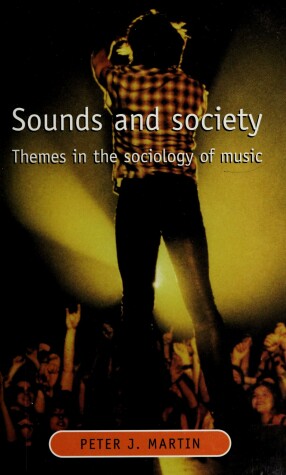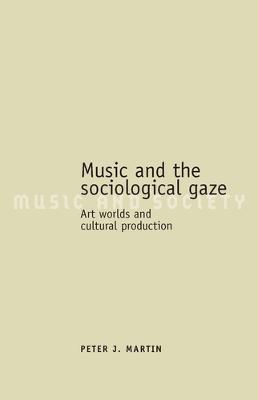Music and Society
2 total works
In this important new book, Peter J. Martin explores the interface between musicological and sociological approaches to the analysis of music, and in doing so reveals the differing foundations of cultural studies and sociological perspectives more generally. Building on the arguments of his earlier book Sounds and society, Dr Martin initially contrasts text-based attempts to develop a 'social' analysis of music with sociological studies of musical activities in real cultural and institutional contexts. It is argued that the difficulties encountered by some of the 'new' musicologists in their efforts to introduce a social dimension to their work are often a result of their unfamiliarity with contemporary sociological discourse.
Just as linguistic studies have moved from a concern with the meaning of words to a focus on how they are used, a sociological perspective directs our attention towards the ways in which the production and reception of music inevitably involve the collaborative activities of real people in particular times and places.

